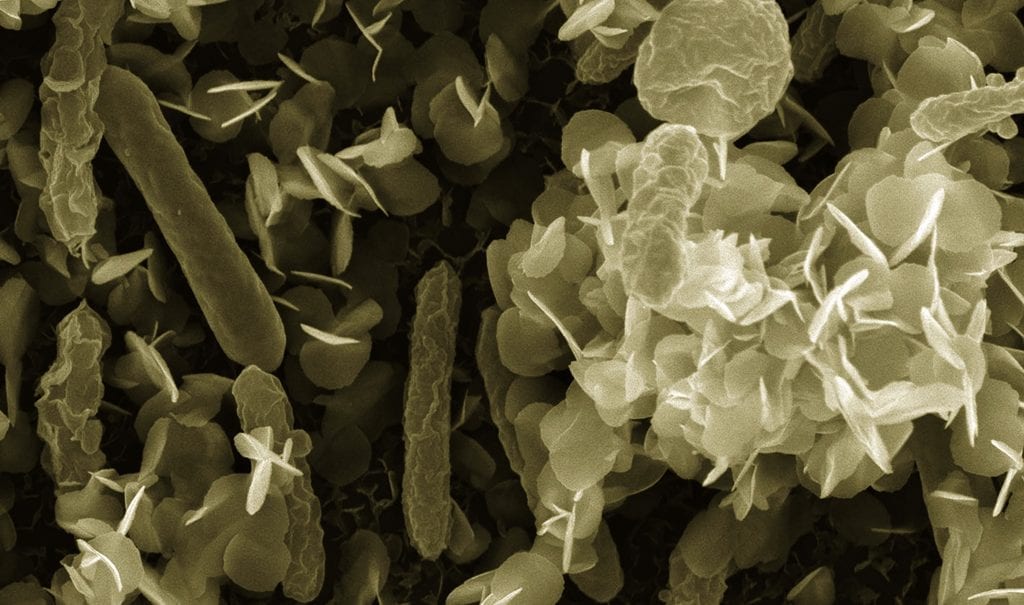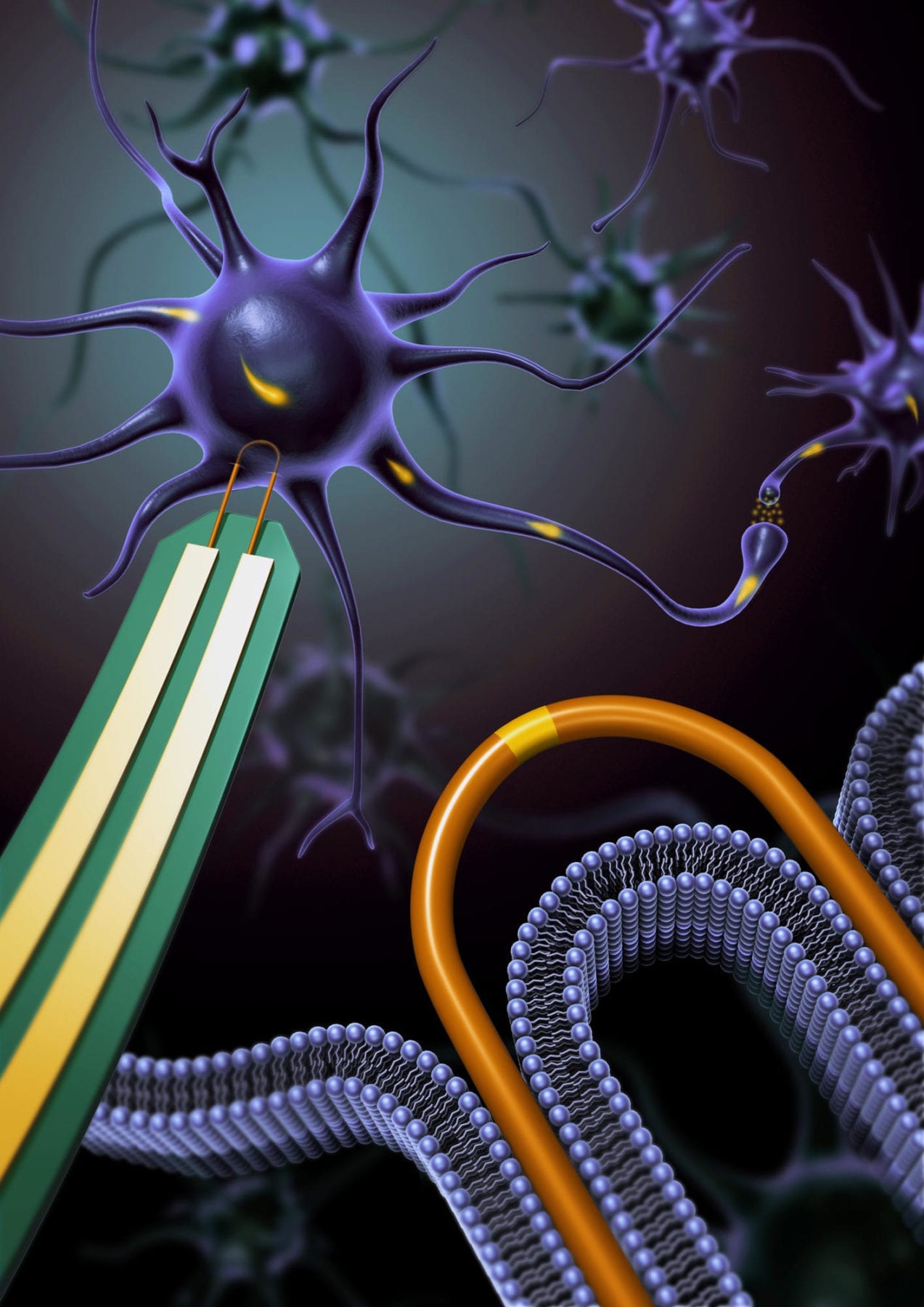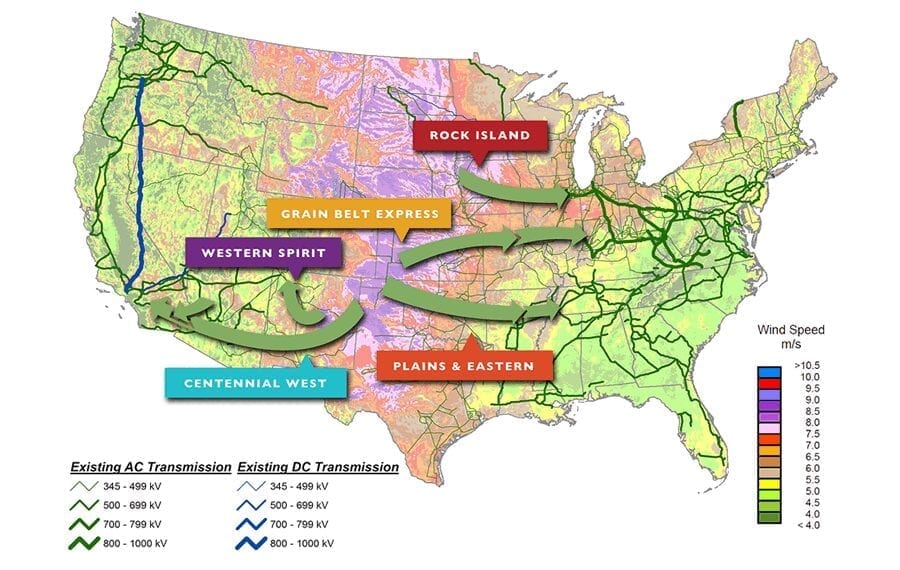
A microbial protein fiber discovered by a Michigan State University scientist transports charges at rates high enough to be applied in manmade nanotechnologies.
The discovery, featured in the current issue of Scientific Reports, describes the high-speed protein fiber produced by uranium-reducing Geobacter bacteria. The fibers are hair-like protein filaments called “pili” that have the unique property of transporting charges at speeds of 1 billion electrons per second.
“This microbial nanowire is made of but a single peptide subunit,” said Gemma Reguera, lead author and MSU microbiologist. “Being made of protein, these organic nanowires are biodegradable and biocompatible. This discovery thus opens many applications in nanoelectronics such as the development of medical sensors and electronic devices that can be interfaced with human tissues.”
Since existing nanotechnologies incorporate exotic metals into their designs, the cost of organic nanowires is much more cost effective as well, she added.
How the nanowires function in nature is comparable to breathing. Bacterial cells, like humans, have to breathe. The process of respiration involves moving electrons out of an organism. Geobacterbacteria use the protein nanowires to bind and breathe metal-containing minerals such as iron oxides and soluble toxic metals such as uranium. The toxins are mineralized on the nanowires’ surface, preventing the metals from permeating the cell.
Reguera’s team purified their protein fibers, which are about 2 nanometers in diameter. Using the same toolset of nanotechnologists, the scientists were able to measure the high velocities at which the proteins were passing electrons.
“They are like power lines at the nanoscale,” Reguera said. “This also is the first study to show the ability of electrons to travel such long distances – more than a 1,000 times what’s been previously proven – along proteins.”
The researchers also identified metal traps on the surface of the protein nanowires that bind uranium with great affinity and could potentially trap other metals. These findings could provide the basis for systems that integrate protein nanowires to mine gold and other precious metals, scrubbers that can be deployed to immobilize uranium at remediation sites and more.
Reguera’s nanowires also can be modified to seek out other materials in which to help them breathe.
“The Geobacter cells are making these protein fibers naturally to breathe certain metals. We can use genetic engineering to tune the electronic and biochemical properties of the nanowires and enable new functionalities. We also can mimic the natural manufacturing process in the lab to mass-produce them in inexpensive and environmentally friendly processes,” Reguera said. “This contrasts dramatically with the manufacturing of manmade inorganic nanowires, which involve high temperatures, toxic solvents, vacuums and specialized equipment.”
This discovery came from truly listening to bacteria, Reguera said.
“The protein is getting the credit, but we can’t forget to thank the bacteria that invented this,” she said. “It’s always wise to go back and ask bacteria what else they can teach us. In a way, we are eavesdropping on microbial conversations. It’s like listening to our elders, learning from their wisdom and taking it further.”
Learn more: NEWLY DISCOVERED ORGANIC NANOWIRES LEAVE MANMADE TECHNOLOGIES IN THEIR DUST
The Latest on:Oorganic nanowires
[google_news title=”” keyword=”organic nanowires” num_posts=”10″ blurb_length=”0″ show_thumb=”left”]
via Google News
The Latest on: Organic nanowires
- Materials science articles from across Nature Portfolioon May 7, 2024 at 5:00 pm
Silver nanowires self-assembled on microscale elastomer ... The development of high-performance organic LEDs and other devices that emit near-infrared light has been hindered by seemingly ...
- Organic Chemistry Newson May 7, 2024 at 5:00 pm
May 9, 2024 — The global chemical industry is a major fossil fuel consumer and climate change contributor; however, new research has identified how the sector could clean up its green ...
- The 8 Best Organic Pads Of 2024, Tested & Reviewedon April 29, 2024 at 2:16 pm
If you've made a Target run for menstrual pads lately (or, you know, wherever you buy your pads or tampons), you've probably seen more and more that claim to be organic. And maybe you've wondered ...
- Bacteria 'nanowires' could help develop green electronicson April 28, 2024 at 5:00 pm
In a study published recently in the journal Small, researchers revealed that protein nanowires—which were modified by adding a single compound—can conduct electricity over short distances and ...
- The best organic mattress 2024: Natural beds for a non-toxic sleepon April 23, 2024 at 5:47 am
If you're shopping for the best organic mattresses in 2024, you'll need an eco-friendly bed that uses naturally cooling and hypoallergenic materials such as organic cotton and latex. The best ...
- How to Save on Organic Produceon April 17, 2024 at 5:00 pm
Organic fruits and vegetables pose little risk from pesticides, according to a new Consumer Reports analysis of Department of Agriculture data. But going organic can cost more—sometimes a lot ...
- Why is Organic Makeup Better for You?on March 19, 2024 at 11:59 pm
You may be looking for a healthy alternative to conventional makeup, an alternative that uses organic ingredients, but you may ask yourself, why is organic makeup better? Organic is a common term ...
- The Best Organic Deodorant for Menon February 2, 2024 at 8:00 pm
After all, your skin is the body’s largest organ, and it absorbs a significant amount of everything you put on it — that’s why so many people prefer organic deodorants. The best organic ...
- Organic Chemistryon January 18, 2024 at 11:10 am
Organic chemistry is the study of the structure, properties, composition, reactions, and preparation of carbon-containing compounds. Most organic compounds contain carbon and hydrogen, but they may ...
- How to Eat Organic on a Budgeton December 29, 2023 at 7:08 am
Total organic sales (food and nonfood products) in the U.S. hit a record high of $67.6 billion in 2022, according to the 2023 Organic Industry Survey. The Organic Trade Association, which ...
via Bing News












